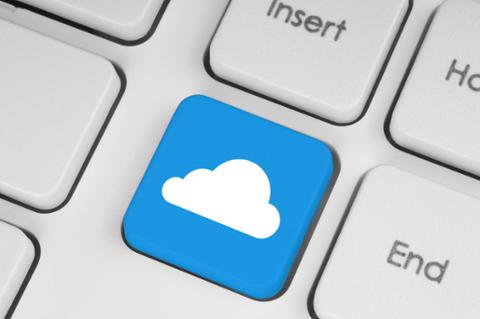Should Tech Pros Fear Automation?
Many professionals fear that, sooner or later, advances in hardware and software might take their jobs. Data centers and factories have become more automated; self-driving cars could radically alter a variety of markets; the increasing ubiquity of cloud-based services may lessen the need for onsite IT staff. Fear of advancing technology extends back centuries (anyone who profited from the use of horses as transportation, for example, feared the rise of both the steam engine and the automobile), but is it really justified? Forrester analyst J.P. Gownder thinks that, while automation will take some jobs, current fears of a robot-driven employment dystopia are perhaps a bit overblown. “We forecast that 16 [percent] of jobs will disappear due to automation technologies between now and 2025, but that jobs equivalent to 9 [percent] of jobs will be created,” he wrote in a recent column. “Physical robots require repair and maintenance professionals—one of several job categories that will grow up around a more automated world.” While automation might not take all the jobs, he added, it will certainly eliminate a wide range of everyday duties associated with those jobs: “Our analysis suggests that, by 2019, 25 [percent] of all job tasks will be offloaded to software robots, physical robots, or customer self-service automation.” You’ll still have work, in other words, but you’ll be working alongside a machine. Other analysts are less optimistic. A recent piece in The Atlantic, for example, suggested we can’t envision how the world will change in ten years, and that advances in artificial intelligence could begin to threaten even those jobs that depend heavily on intuition and creativity. Late last year, Erik Brynjolfsson, an economist with MIT, told The New York Times that the battle between robot and human had already begun. Many decades ago, utopists thought that the rise of the machines would lead to the elimination of human work altogether. In their grand vision, homo sapiens would spend their days in pursuit of leisure, while robots did all the work. Like many prophecies, that one never came about; it seems, however apocryphally, that people work more hours than ever. But if the history of automation proves anything, it’s that things can change—and not always in a good way for everyone.



